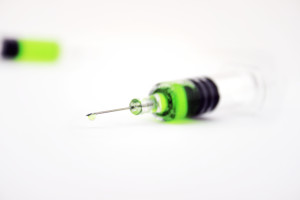
Drug abuse continues to be a widespread plague in the United States. Every day, millions of Americans struggle with addiction while desperately seeking a way out. Thankfully, there have been huge advances in drug abuse treatment over the years. In fact, thanks to decades of focus, attention and research, there are more drug abuse treatment options available now than ever before.
Pharmacological Drug Abuse Treatment
Pharmacological drug abuse treatment utilizes medication to help in the recovery process. Medication can play a critical role during detoxification. Certain medications can help control cravings and withdrawal symptoms that commonly occur during detox. Pharmacological drug abuse treatment also uses medication to help brain functions resume normally. Some medications used to as part of pharmacological drug abuse treatments include:
- Methadone (Opioid Addiction)
- Buprenorphine (Opioid Addiction)
- Naltrexone (Opioid and Alcohol Addiction)
- Acamprostate (Alcohol Addiction)
- Disulfiram (Alcohol Addiction)
- Bupropion (Tobacco Addiction)
- Varenicline (Tobacco Addiction)
It is best and highly-advised to always begin and continue any type of pharmacological drug abuse treatment under the supervision of a licensed health care professional.
Behavioral Drug Abuse Treatment
Behavioral drug abuse treatment focuses on getting those struggling with addiction to modify their daily behavior. Often used in conjunction with medication, behavioral drug abuse treatments can help boost confidence and improve an overall quality of life. The most common forms of behavioral drug abuse treatments include:
- Cognitive-Behavioral Therapy and Counseling
- Family Therapy and Counseling
- Motivational Interviewing
- Contingency Management
While these forms of behavioral drug abuse treatment are available on an outpatient basis, they can also be employed as part of residential drug abuse treatment plans. With residential treatment, recovering addicts will stay at a health care facility for a predetermined period of time and receive 24-hour care seven days a week. Residential drug abuse treatment is generally for those with a lengthy history of addiction or those previously involved with criminal activity as a result of their addiction.
No matter what form of drug abuse treatment you pursue, remember that each individual case is unique. Specific forms of treatment work better for some than others, but it’s important to remain resilient as you find the course that will be best for you.
